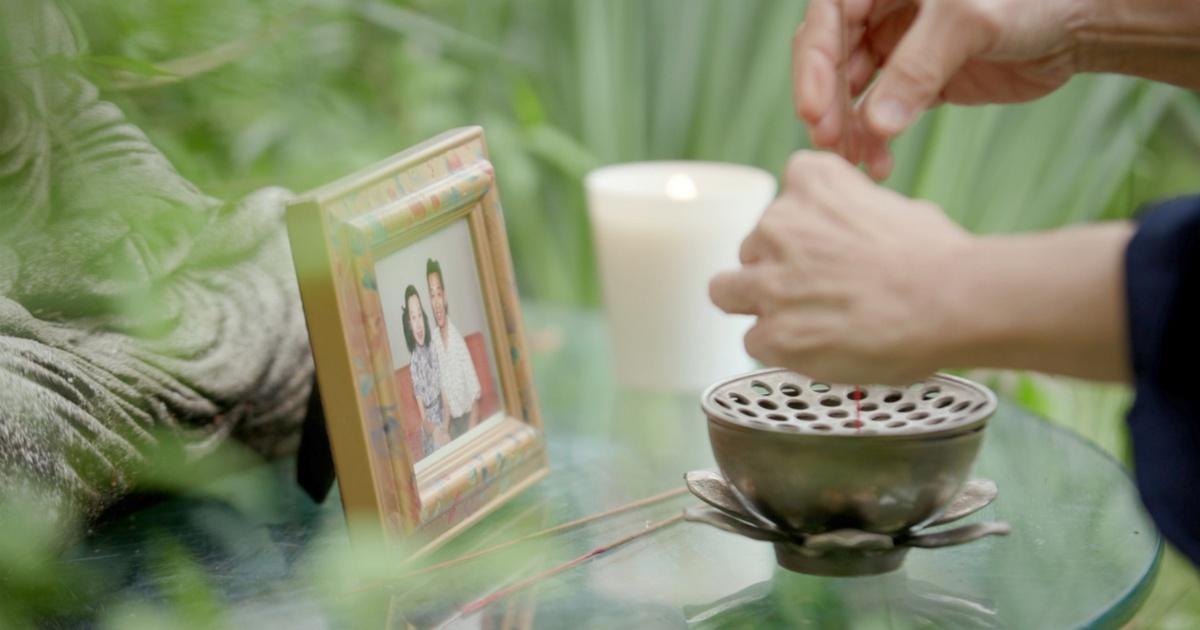
- Select a language for the TTS:
- UK English Female
- UK English Male
- US English Female
- US English Male
- Australian Female
- Australian Male
- Language selected: (auto detect) - EN
Play all audios:
This Bank Holiday weekend, the whole country seems to have gone to the country. London, at least, feels deserted, as millions of people who have been cooped up for months by lockdown enjoy a
day or two in the sun at last. News that we shall also soon see an end to most social distancing measures will add to a festive air, as life returns to its natural course. Spring is the
season of new beginnings; it now seems to be well and truly springing. This week, too, politicians are going to the country in a different sense of the phrase. On Thursday May 6, almost
everyone in Britain will be able to vote: in local elections, regional mayoralty and police commissioner elections, devolved Scottish and Welsh parliamentary elections, and, in Hartlepool, a
crucial by-election in a former Labour heartland. It is unusual for the UK to hold “mid-term” elections on this scale, partly as a result of postponements due to the Covid crisis. All of
them matter, both for the sake of good governance and as an indication of the direction of national politics. Yet somehow this first post-pandemic exercise in democratic accountability has
failed to capture the public imagination. It will be unsurprising, to say the least, if a large proportion of the English electorate stays away from the polling stations. Not even the
contest to be Mayor of London has generated excitement, as Sadiq Khan cruises to a second term. In Scotland and Wales, elections for Holyrood and the Senedd will attract a higher turnout,
not least because the issue of independence has reared its head again. But the real question north of the border is: how much long-term damage has Nicola Sturgeon sustained from her feud
with Alex Salmond? In Wales, the decline of Labour is an old story, but the party may not have hit rock-bottom yet. The Tories are likely to do better in Wales than in Scotland; the
difference may reflect contrasting Scottish and Welsh views of Brexit. While Scottish nationalism reached high tide during the messy process of leaving the EU, Covid may have reminded voters
why belonging to the UK still matters in a crisis. The SNP needs a resounding victory to justify its demand for a new referendum, but opinion polls indicate that separatist sentiment may be
on the slide. Perhaps the most unpredictable of these elections are taking place in the north and midlands of England. In Tees Valley and West Midlands, the popular Tory mayors Ben Houchen
and Andy Street are likely to be re-elected. If they are, it will demonstrate that Sir Keir Starmer still has a mountain to climb. More uncertain is West Yorkshire, because the region is
electing a mayor for the first time. If Labour can win there, it can at least claim to be on track to recapture Red Wall seats at the next general election. A clean sweep for the Tories
would spell trouble for Starmer. All eyes in Westminster, though, will be on Hartlepool. If Boris Johnson can pull off a victory in Peter Mandelson’s former stamping ground, it will set the
seal on the demise of the great New Labour revival that began nearly three decades ago. Getting Brexit done was popular in this ancient North Sea port: not because it was bombarded by German
battlecruisers in the First World War and suffered 43 raids by the Luftwaffe in the Second, but because thousands of new jobs are being created there since the relaxation of bans on
subsidies ordained by Brussels. Even more significantly, the vaccination programme has given those who are not ashamed to be British a concrete reason to feel patriotic — especially as the
EU’s rollout still lags far behind. The Conservatives are still not at home in places that, until 2019, had voted Labour solidly since the 1930s, but they have been quick to show that they
are listening to local concerns, not just the very different priorities of the younger, highly-educated metropolitan demographic for whom Sir Keir stands. Defining itself in contrast to the
flashy Geordies of nearby Newcastle, Hartlepool has been neglected for generations. The town hates to be taken for granted. Labour clung on there in 2019, but you would need to be brave to
bet on the party doing it again. What makes the Government’s lead in the polls so remarkable is that the BBC and other organs of institutional liberalism have been running “Tory sleaze”
stories relentlessly for weeks in the run-up to these elections. It is striking that the depiction of the Prime Minister as heartless, corrupt and snobbish fits the conventional caricature
of the “toff” that has been used against Conservatives for at least a century. Yet the mud doesn’t seem to stick to Boris Johnson. Whatever he may be, he is not conventional and he is not
“out of touch”. The more the Establishment — which likes to think of itself, of course, as anti-Establishment — tries to take him down, the less the electorate wants to let him go. They are
still basking in the sunshine and thanking their lucky stars to have a vaccination programme that has put the lid on the most dangerous threat most of us have ever faced. They do not care
who had Boris’s phone number, who paid for his wallpaper or even what he might or might not have said to his staff. As the campaign by those who lost the referendum and the election to
reverse these verdicts on the PM gathers pace, so the jury of voters who delivered them digs its heels in. The same jury is still out on Sir Keir Starmer, who has given us precious few
indications of how he would rebuild the economy and society. By contrast, the Government will announce a full programme of legislation in the Queen’s Speech next week: at least two dozen
Bills, many of which will keep manifesto promises delayed by coronavirus. With the roadmap running out in June, a new trail will have to be blazed. When Boris goes to the country this
Thursday, it will in all likelihood give him the tools to finish the job. A MESSAGE FROM THEARTICLE _We are the only publication that’s committed to covering every angle. We have an
important contribution to make, one that’s needed now more than ever, and we need your help to continue publishing throughout the pandemic. So please, make a donation._







